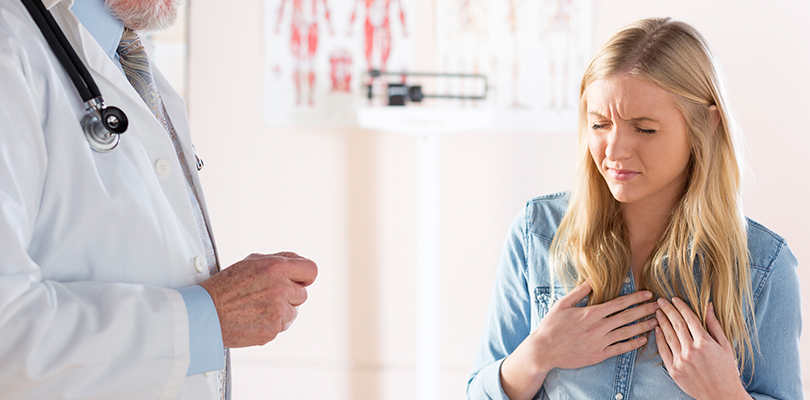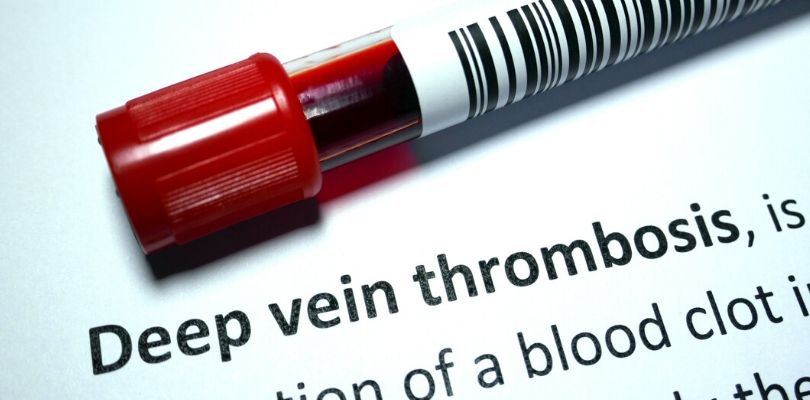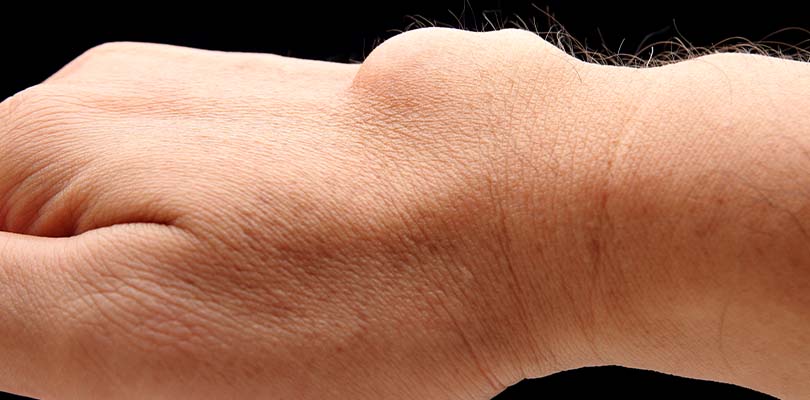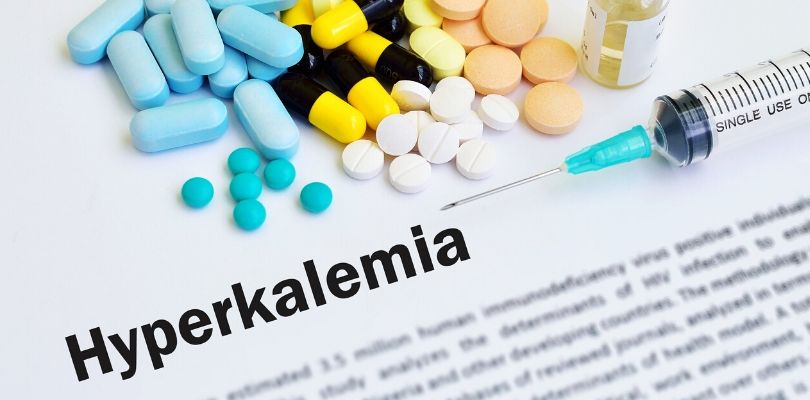Photo Credit: patrickheagney / iStockPhoto.com
Causes, Symptoms and Treatment of GERD
I can remember my father continually popping antacids. “Too much spicy food!” he’d say. Eventually he discussed his symptoms with his physician and was diagnosed with gastroesophageal reflux disease (GERD), prescribed an oral medication and made a few dietary modifications.
Ta-da! Good as new! Well, some days…
I had a taste of what he was experiencing what I was pregnant. The constant heartburn was awful. At least I knew that when my son was born, the discomfort would go away.
However, recently I began to have daily heartburn that was only mildly relieved with antacids. This heartburn was experienced regardless of what I ate, what position I lied in or sat in or the activity I was doing. Did I now have the dreaded GERD too?
Causes
Although I have yet to receive an actual GERD diagnosis, my physician prescribed me Zantac. I had relief the very next day.
This makes sense, because a 2003 study published in the journal Gut suggested a genetic component with GERD — meaning that since my father has GERD, it is not unreasonable to conclude that my symptoms could also be related to GERD. The research study found that genetics may account for 43 percent of GERD diagnoses.
That means that 57 percent of people have GERD that is NOT related to genetics; for these people, GERD symptoms may be related to lifestyle habits that are highly modifiable.
For example, obesity, and asthma can all increase the incidence of GERD. Having certain conditions can also increase the incidence of GERD; these conditions include a hiatal hernia, diabetes, asthma, scleroderma, and gastroparesis.
Controlling these conditions to the best of one’s ability may also reduce GERD symptoms.
Symptoms
The telltale sign of GERD? The heartburn. We’ve all had heartburn a time or two — the burning sensation in the chest and the throat. With GERD, this symptom is fairly constant.
The common cold has spawned a wealth of stories, home-brewed remedies, and myths parading as facts that can interfere with your treatment and recovery.
Other symptoms include chest pain that is mistaken for cardiac chest pain, difficulty swallowing, hoarseness and sore throat that is accompanied by a cough, a feeling of a lump in the throat, and a regurgitation of food or sour liquid (acid reflux).
Please note that if you have chest pain and you are unsure if it is heart-related ore GERD-related, it is best to have it evaluated. Do not hesitate to seek emergency medical attention.
Treatment
Treatment includes a combination of medications and lifestyle modifications.
Typically, GERD is treated with over-the-counter (OTC) medications first. If OTC medications do not provide relief, then other options are discussed.
Antacids are a temporary treatment for GERD. These medications include Maalox, Rolaids, and Tums, for example, and they neutralize stomach acid. They are designed for a “quick fix” – they fix the immediate symptom but if there is inflammation to the esophagus caused by acid, they are unable to heal this damage. In fact, people who overuse antacids can suffer ill effects – diarrhea and constipation.
H-2 blockers decrease acid production for up to 12 hours. They do no work as quickly as an antacid but their effect is longer, so they may be a more effective choice. These medications include Pepcid, Tagamet and Zantac. These medications can be purchased OTC, but there are prescription-strength versions as well.
Proton pump inhibitors (PPIs) not only are stronger acid blockers, they allow the esophagus to heal if there is damage. PPIs include Prevacid and Prilosec. These medications can be purchased OTC, but there are prescription-strength versions as well.
Surgery is an option for uncontrolled GERD. There are two well-known surgical options. Nissen fundoplication tightens the lower esophageal sphincter, which prevents reflux. In this procedure, the top of the stomach is actually wrapped around the lower portion of the esophagus. Linx procedure is a procedure that places a small device (the Linx device) around the junction of the stomach and esophagus. This device contains magnetic beads, which allows food to enter the esophagus but is strong enough so that acid is unable to leave the stomach.
Lifestyle Modifications
There are a number of small things that can be done that add up to big results.
Excess weight can worsen GERD symptoms. Losing weight if necessary can help. If you’re at a healthy weight, work to maintain it as weight gain can also worsen symptoms.
Foods may trigger heartburn. Anyone who suffers GERD knows which foods trigger them — and we also know that what triggers one person may not affect another person!
Try to pinpoint your trigger foods and avoid them, or at least reduce the amounts you are eating. Common triggers (and foods to avoid with acid reflux) include spicy foods, fried foods, chocolate, garlic, onion, caffeine and mint. In addition, eat smaller meals with snacks in between as excess food can worsen symptoms.
Even if you can’t identify a trigger, or eat a food that does not trigger your GERD, symptoms can be triggered if you go to bed too quickly after eating. It is recommended to wait at least three hours after dining before going to bed.
Also, a diet for GERD should be rich in complex carbohydrates. These foods, which include pasta, rice and bread, are able to absorb acid, resulting in less excess acid left behind in the stomach.
Elevating the head of the bed can also be he helpful — use a wooden block underneath the bedframe or a wedge underneath the mattress to elevate the bed six to nine inches.
Last but not least — if you smoke, quit! Smoking hampers the ability of the esophageal sphincter to work properly, meaning that symptoms can be worse if you smoke.







